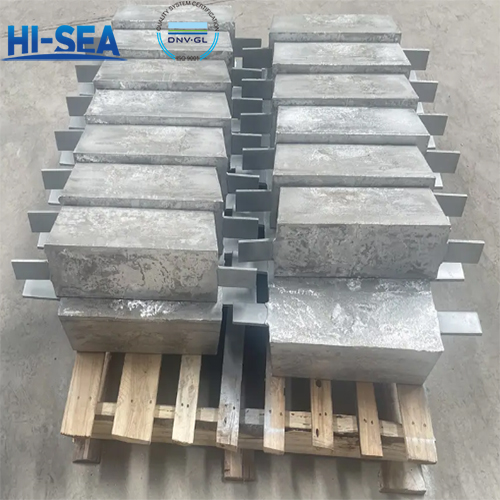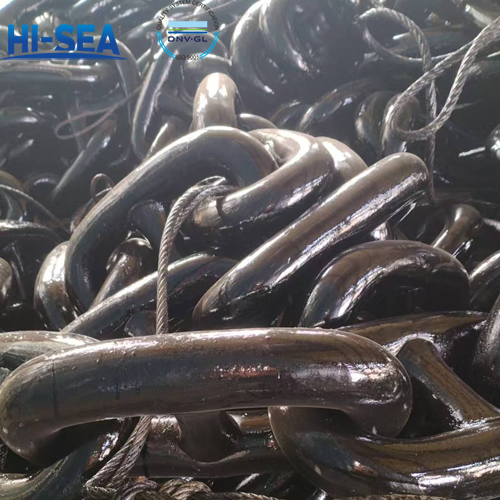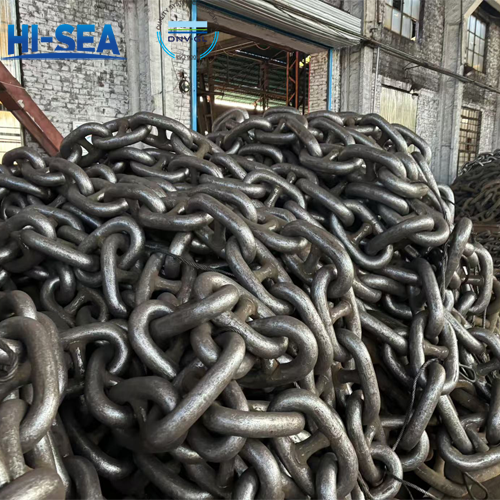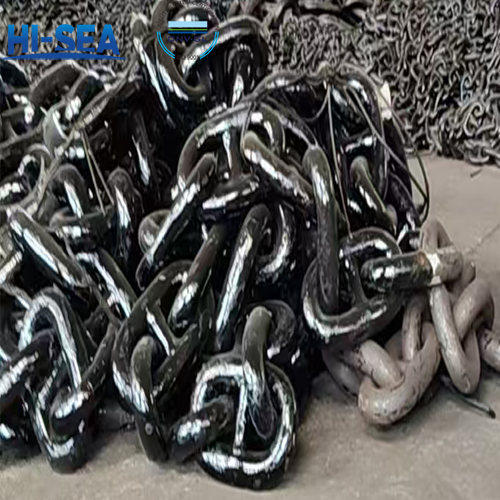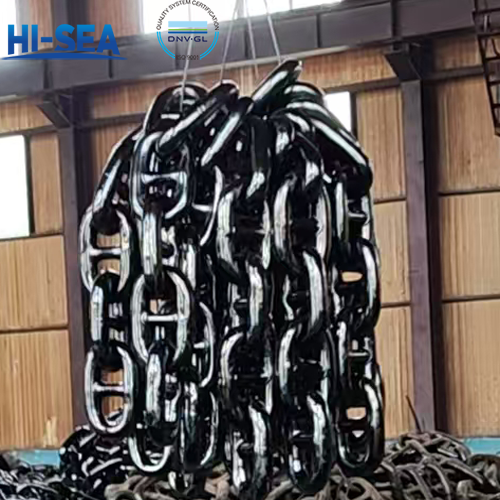
What is Marine Anode
Marine anode is an electrochemical protective material specially used for ship corrosion protection, also known as sacrificial anode. It is usually made of metals such as magnesium, aluminum, zinc, and protects the hull and the metal structure inside the ship through its own electrochemical corrosion to avoid damage due to corrosion.
Overview
Types of Marine Snodes
There are mainly the following types of marine anodes:
Marine zinc alloy anode: composed of zinc and other alloy elements, it protects the metal structure through the self-dissolution of the anode
Marine aluminum anode: The main component is aluminum alloy, and the cathodic protection method of sacrificial anode is used to inhibit hull corrosion
Working Principle of Marine Anodes
The working principle of marine anodes is based on the principle of electrochemical protection. In the marine environment, the anode material (such as magnesium, aluminum, zinc) will preferentially undergo electrochemical corrosion, release electrons and conduct them to the hull through wires, making the hull a cathode, thereby inhibiting the oxidation (corrosion) process of the hull itself. This protection method is called sacrificial anode protection, in which the anode material will gradually consume and the hull will be protected
Application of Marine Anodes
Marine anodes are widely used in ships and equipment in various marine environments. They are installed in areas susceptible to corrosion, such as the ship's side, propeller, and bottom, to ensure that the metal structures in these areas are effectively protected. In addition, marine anodes are suitable for different marine environments, including normal temperature seas and tropical seas, and have a wide range of applications.
Installation Way: Welding and Bolt.

